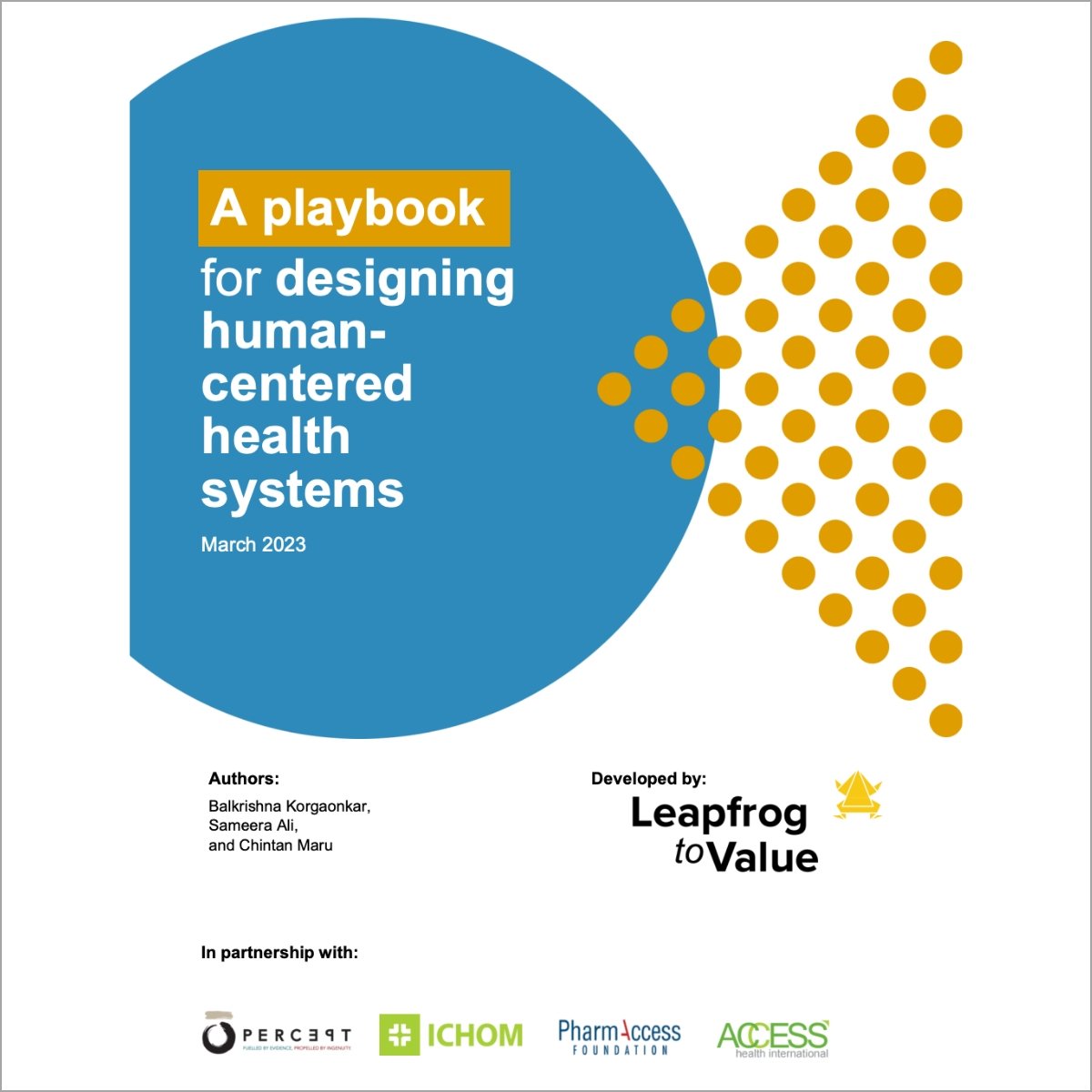About the Max Institute of Healthcare Management (MIHM), Indian School of Business
The Max Institute of Healthcare Management (MIHM) at the Indian School of Business is a leading interdisciplinary research center specializing in healthcare delivery and management. It provides critical insights to policymakers, public institutions, and corporations, shaping better health systems through innovative research, education, and outreach.
MIHM’s core activities include pioneering research and thought leadership to design effective healthcare policies and programs, and delivering education that prepares students to be exceptional contributors to the healthcare industry. The institute also develops pedagogical tools to integrate industry innovations into classrooms and engages in extensive outreach activities. These outreach efforts involve collaborating with stakeholders such as government entities, corporations, foundations, students, and alumni through speaker series, conferences, and roundtables.
By bridging academia with real-world applications, MIHM influences policy and industry practices, cultivating future healthcare leaders with a focus on evidence-based practices and leadership development. Through its commitment to outreach, MIHM promotes community health awareness and advocates for sustainable healthcare solutions globally.































































































